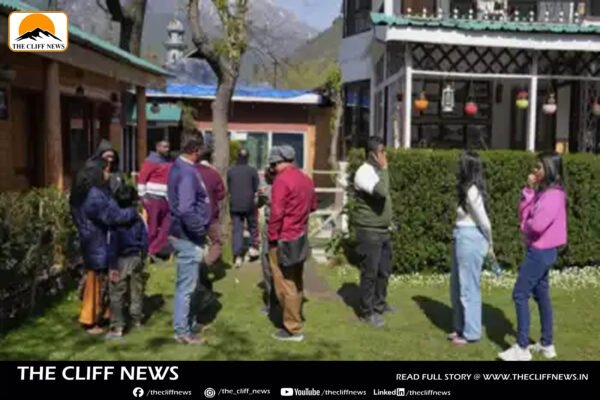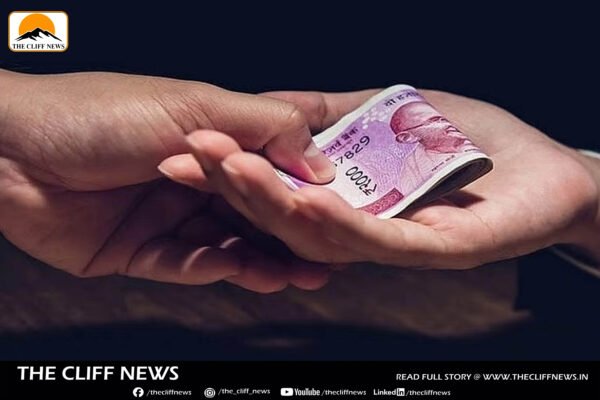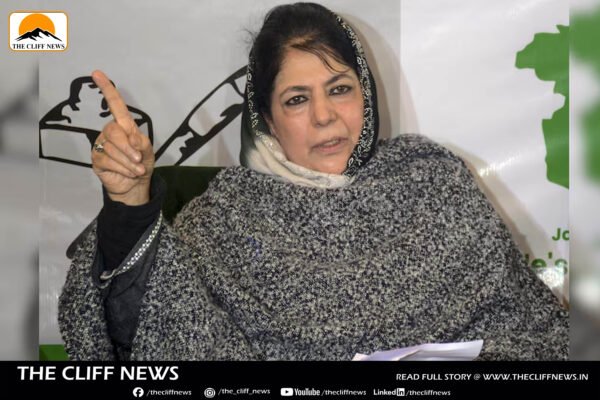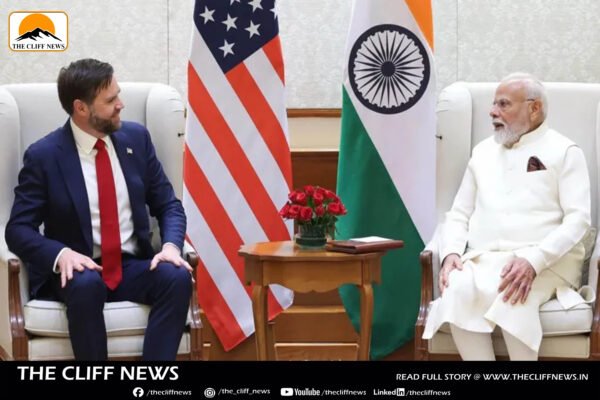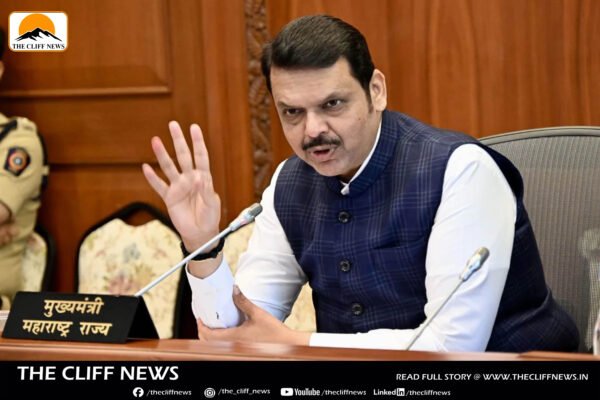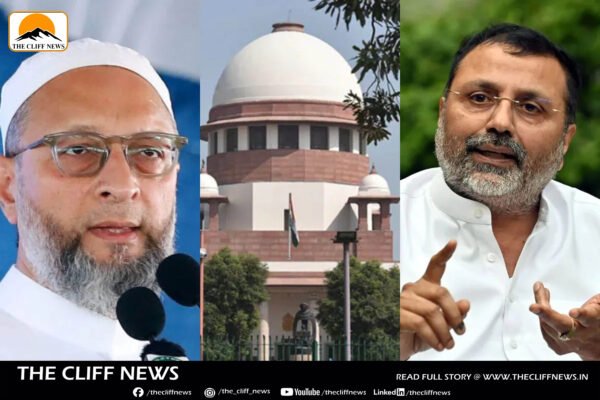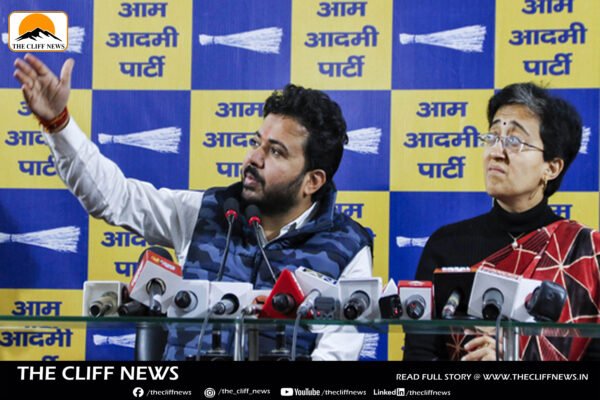Post-Pahalgam Attack Fallout: Kashmiri Students Face Threats, Assaults Across India; J&K Students Association Issues SOS
In the aftermath of the deadly terror attack in Pahalgam, Jammu and Kashmir is grappling not only with the loss of 26 innocent lives—25 tourists and one local resident—but also with a disturbing surge in hate-fueled reprisals targeting Kashmiri students in various parts of the country. The J&K Students Association has raised the alarm, alleging a wave of harassment, abuse, and physical assaults against Kashmiri youth studying in states like Uttarakhand, Punjab, Himachal Pradesh, Uttar Pradesh, and the National Capital Region. 🔴 Key Allegations and Incidents: 📞 Emergency Response and Government Reaction: The J&K Students Association has set up dedicated helpline numbers and a rapid response team to coordinate with state authorities for intervention. “This is the seventh incident since the Pahalgam attack. Kashmiri students are being intimidated, assaulted, and forcibly removed. They feel isolated and insecure,” said Nasir Khuehami, National Convenor of the Association. “We are in constant touch with distressed students, and some are literally fleeing campuses to save their lives,” added Ummar Jamal, the Association’s National President. 🗣️ Political Response: Jammu and Kashmir Chief Minister Omar Abdullah expressed grave concern, saying the J&K government is actively liaising with states where incidents have occurred. “I’m also in touch with my counterparts in these states and have requested them to ensure protection and care for Kashmiri students,” Abdullah said. This unfolding crisis highlights a dangerous spillover of anger from a terrorist act to innocent students, risking a deeper communal divide and human rights violations.
